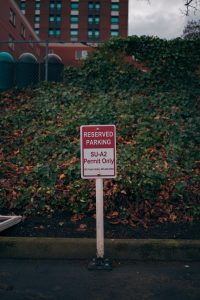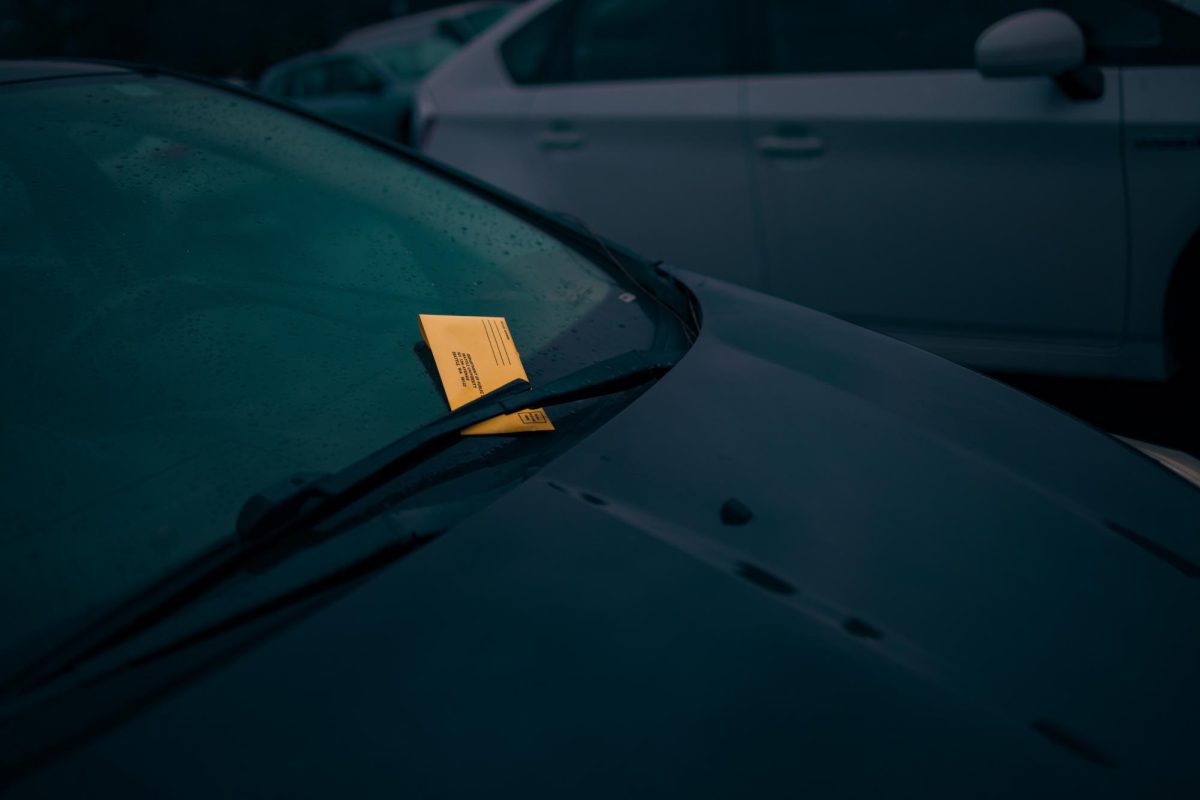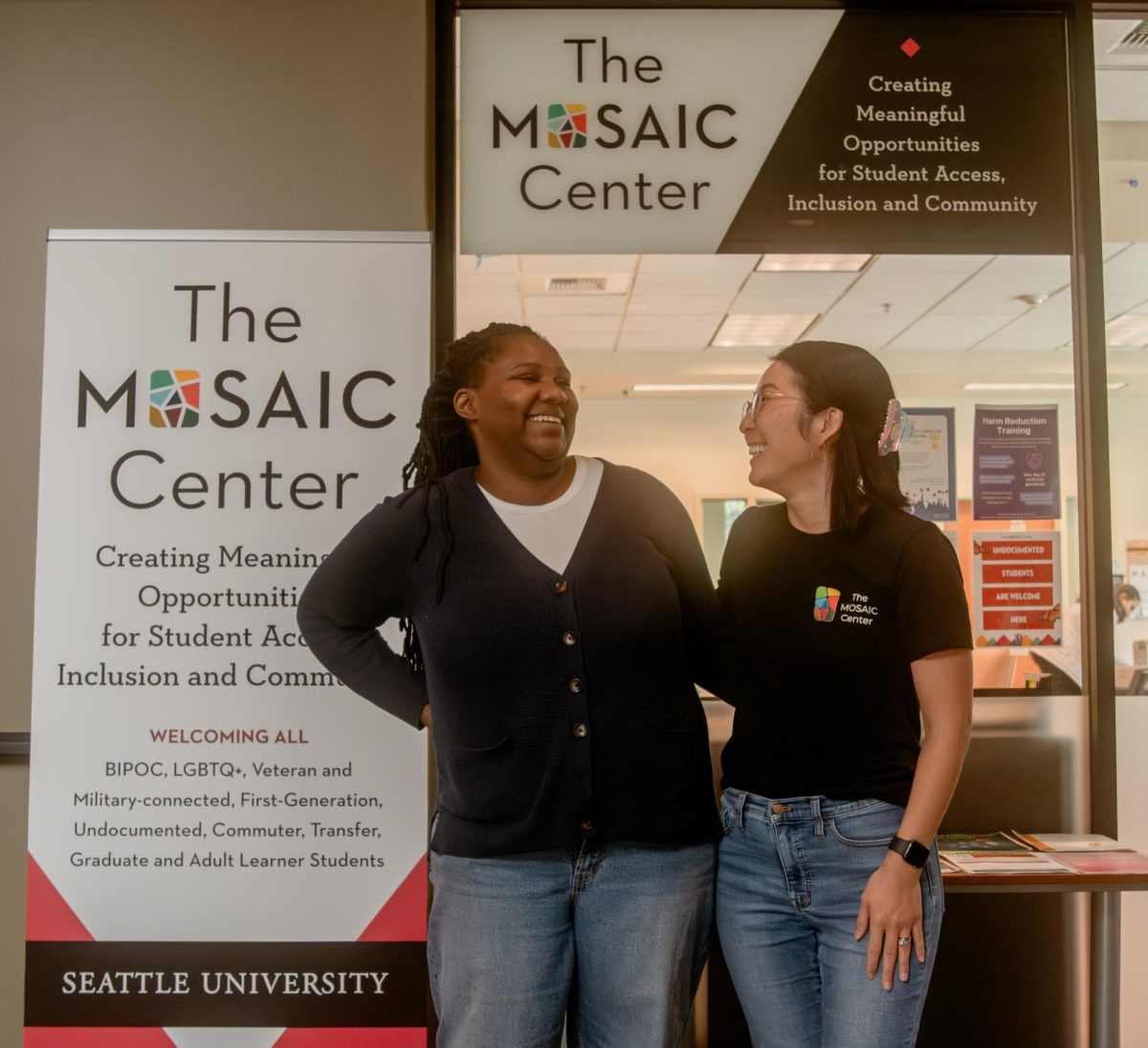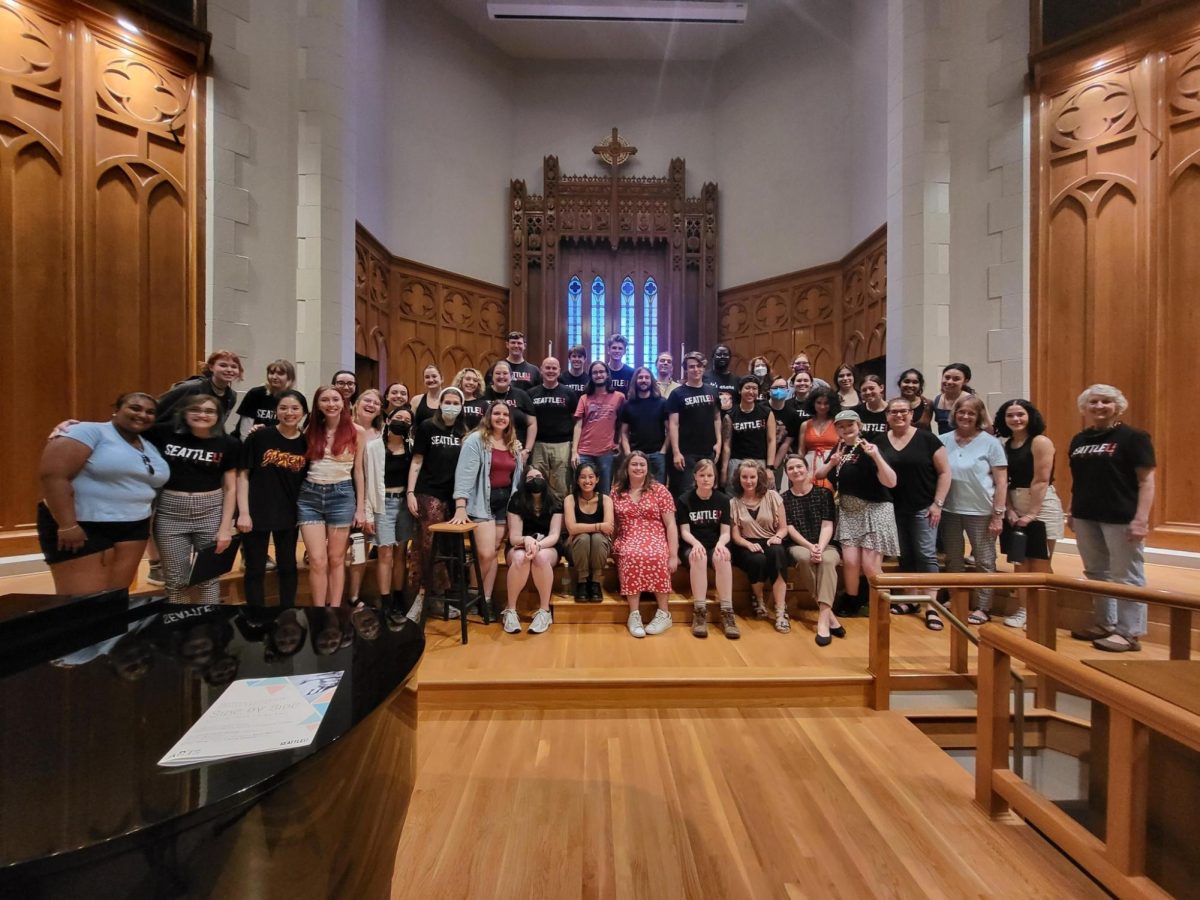 Parking in the city is, to no surprise, an expensive ordeal. Finding parking can be difficult as convenient spots are hard to find and, often, very limited. While Seattle University offers parking in a variety of locations on its campus, Transportation and Parking Services have recently raised parking rates, decreased the number of free parking days from 15 to 12 for employees and have begun to crack down on those parking without a valid permit.
Parking in the city is, to no surprise, an expensive ordeal. Finding parking can be difficult as convenient spots are hard to find and, often, very limited. While Seattle University offers parking in a variety of locations on its campus, Transportation and Parking Services have recently raised parking rates, decreased the number of free parking days from 15 to 12 for employees and have begun to crack down on those parking without a valid permit.
Students may want to be aware of this because with the stricter enforcement, it seems that more citations have been written up for those parking invalidly.
“Parking enforcement moved out of the Department of Public Safety into Facilities and Campus Services. This move was made to allow DPS to focus on supporting the needs of students and the safety of the campus rather than parking enforcement,” a statement from Transportation read.
Due to the shift, that meant that the number of people available to enforce parking had become limited. According to Transportation and Parking Services, the solution was to hire an outside company.
“Facilities and Campus Services, unlike DPS, did not have staff working evenings and weekends. Bringing in a contractor for evening and weekend parking enforcement was a more cost-effective way to provide the enforcement that previously had been provided by DPS,” a statement from Transportation read.
In addition to enforcement being more regularly carried out, daily and monthly parking prices have also been raised. As of Jan. 1, the daily rate was increased to $12 and the monthly rate increased to $145. The monthly parking rate has not been raised since 2019.
In a statement from Transportation and Parking Services, it was addressed why parking rates were raised this year.
“We review parking rates regularly and adjustments are considered based on changes in local parking rates. Our long-term parking rates had remained steady since 2019 but local market rates changed,” a statement from Transportation read.
Surveys that were conducted found that the number of students driving alone to and from campus had increased while the number of faculty and staff commuting alone “remains significant.”
According to the data found, the utilization of public transportation has decreased. Transportation and Parking Services would like to see students and faculty find alternative methods of traveling to campus.
“While market changes are a key consideration, other factors in the decision include our commitment to keeping rates below market for students, faculty and staff, and by encouraging more environmentally-friendly commuting such as subsidizing public transit options or significantly reduced rates for carpooling.”
Even though the parking at Seattle U remains below the market median rate of $225 per month and $18 per day, commuter students are one of the populations that grapple with Seattle U parking prices.
Christine Sun, a first-year business major, is a commuter student. She’s from West Seattle and makes her commute three times a week for class.
“I get dropped off and picked up. I would park if it was a more reasonable price, right now it’s just a waste of fuel to get dropped off and picked up. I make twice the emissions I would if I just parked,” Sun said.
While the new parking rates were not approved through the Laudato Si’ Action Plan structure, the environmental impact of private car usage remains a concern to those commuting and the Seattle U community. However, public transportation may not be a realistic option for every student depending on where they live and the financial restrictions of parking can make it harder for students to maintain their sustainability efforts.
Eamon Whalen-Barnett, a second-year finance major, also commutes but takes the bus to avoid paying for parking. The bus is not his ideal type of transportation but the only mode of transportation he is able to afford.
“It’s really not flexible to take the bus to campus and it makes it hard to do things like clubs,” Whalen-Barnett said.
Commuter students definitely don’t have it easy between being isolated from their peers and having to get to school, which most students who live on campus don’t have to worry about.
Both of them said that they spend around an hour and a half getting to school through their modes of transportation.
Students, faculty and those wanting to park on campus should be aware of the new changes that have been made. Make sure to have a parking permit at all times or consider utilizing the existing subsidized transit passes offered through Transportation and Parking Services.


















frank
Feb 21, 2024 at 12:36 pm
boooo we hate our boujee campus hiking up living costs 🍅